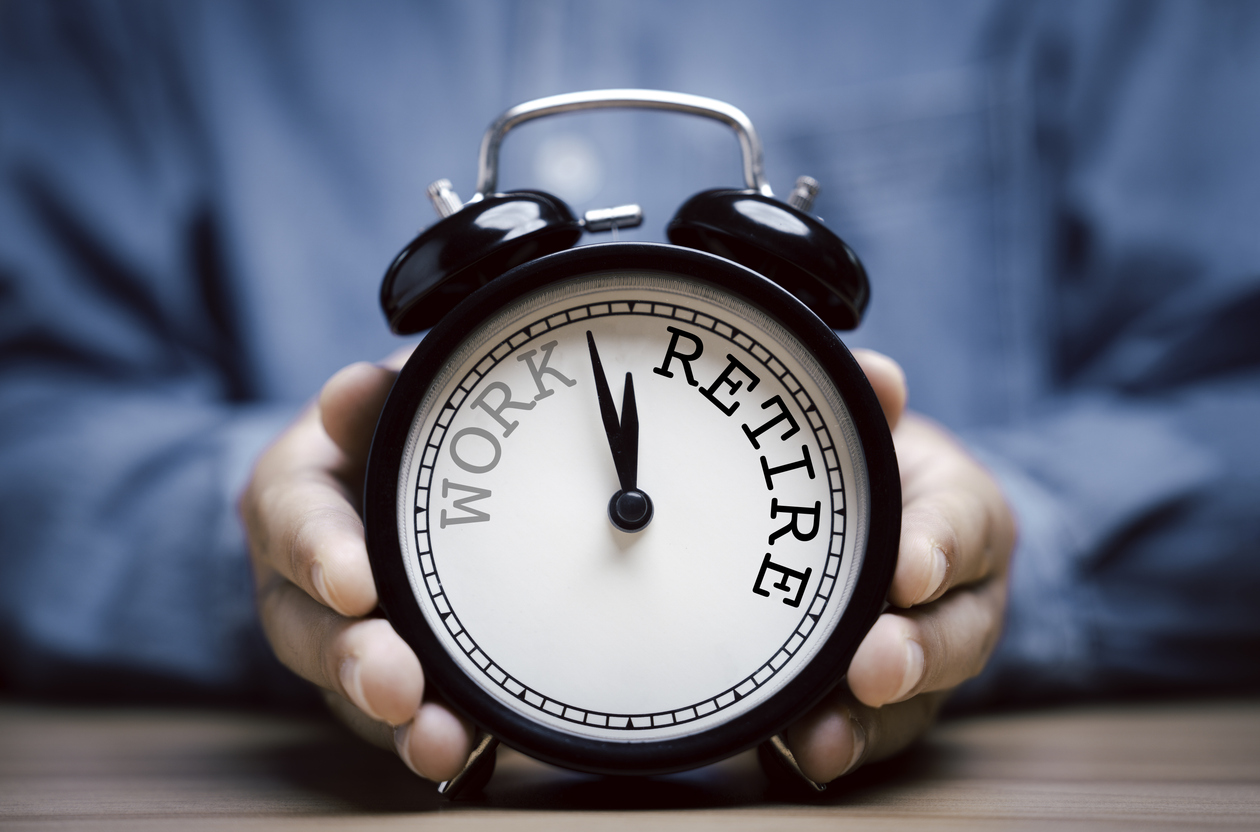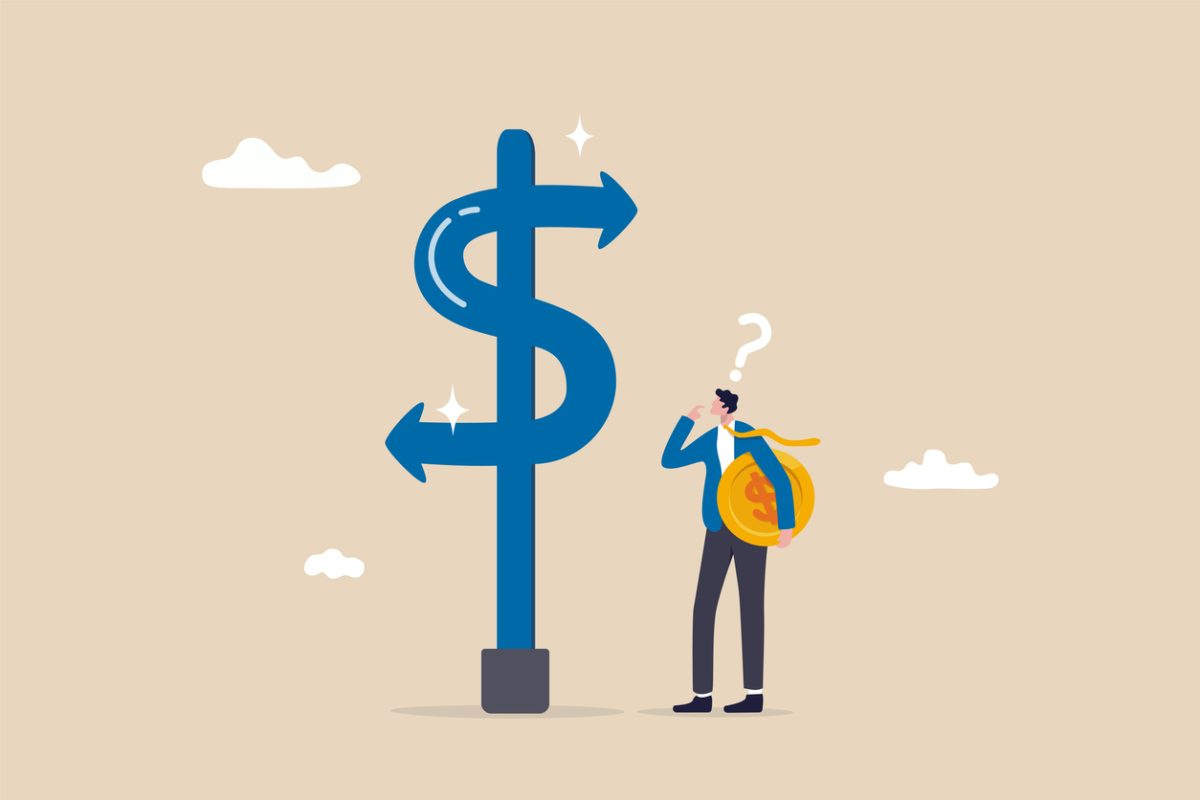Thoughts and musings from my desk to you.
Cash Flow is Not King
Behavioral Finance, stock marketWe have several clients who use cash flow as the indicator of successful wealth building. I will admit, it does feel good to “clip coupons” and deposit the checks in the bank. Investors who value this metric tend to gravitate to real estate investments because it can generate rents. Real estate is also perceived as “safe” compared to stocks with their more profound price fluctuations. However, to some degree, this perception is often based on real estate market values being hidden from view due to illiquidity, not the fact that the prices are inherently stable. Stability is further in doubt when you consider that most real estate investments are levered.
Read MoreSo You Can Retire, But Should You?
Behavioral Finance, IRAsAs investors approach the age of retirement, many of us are faced with a difficult decision: should we retire or continue working? I still enjoy my work, so I have no current plans to retire. So don’t think this musing is prompted by my impending retirement. You can’t get rid of me that easily! For most, this decision is not just about finances or health, but also about our human need for accomplishment and the fear of boredom.
Read MoreExpect to Bleed at the Cutting Edge
Behavioral Finance, Investing, stock marketIt is quite fun to try to predict the future and invest in companies in the sweet spot of your prognostications. Investing in long-term growth trends with short-term dislocations is a viable strategy, and we do this often. But finding the “next big thing” is entirely different and is fraught with pitfalls. Such positioning comes with great peril because the future is not that predictable. More importantly, it is also likely that other investors share your view already and beating you to the punch is what causes FOMO and will likely cause you to overpay.
Read MoreBeware Self-Justification
Behavioral Finance, InvestingWe all know that market timing doesn’t work. It is a fool’s errand to sell it all, hoping to buy it back lower. But the temptation to do so is heady when the market is in decline. When the near future looks scary, it’s easy to think that perhaps selling now and buying back later is a good idea this time. Fear encourages self-justifying arguments for bad decisions by wrapping them in something else.
Read MoreSegment Unveils Initiatives to Navigate Market Volatility
Behavioral Finance, Investing, Market VolatilityWith almost 40 years of investing experience, Baumgarten is revealing how he applies keen knowledge and his eye for tracking the latest financial developments to Segment Wealth’s advisory practice.
Read MoreLong Live Volatility
Behavioral Finance, InvestingI often tell people that the best-performing investment clients have ‘faith in the future’ as their defining characteristic, and the worst-performing clients do not have that but instead, routinely give in to their fears. Are losses and chaos the “normal” state of things? Or is order and higher prices over time the “normal” state? I believe in the latter.
Read MorePredictably Irrational Investing
Behavioral Finance, InvestingThe field of economics has long assumed that people make decisions that optimize their own utility, and to derive the greatest benefit for themselves. However, psychological studies show that we humans do not do this, but rather we often make irrational choices, and we do so predictably. In this case, irrational investing choices.
Read MoreEmotional Investing Mistakes
Behavioral FinanceInvesting is an emotional art form with very little science, although Wall Street does a great job of creating the illusion of scientific certainty with their expensive strategies. Even if they were scientifically advantageous, it’s all moot if clients make emotional mistakes.
Read MoreInvesting is All About Perspective
Behavioral Finance, InvestingAs investors attempt to navigate choppy waters, we often come to realize how difficult it is to predict the future. Most tend to project today into tomorrow and more dangerously, we tend to act today based on what we feel about tomorrow.
Read More








